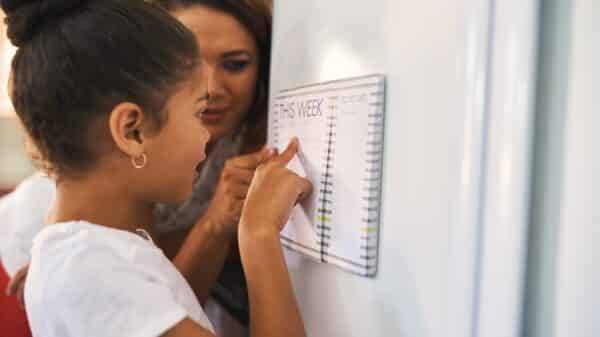The discussion around how much time our kids spend on screens gets a lot of airtime. But, beyond just their screen habits, there’s another issue that’s quietly creeping into family life: parents’ screen time. Enter “technoference,” the term that explores how our devices can disrupt not only our focus but also our children’s development.
Think about those moments when your little one comes trotting up to you, excitedly sharing their day while you’re trying to finish a text. You know the drill—you hold up that “just a minute” finger while desperately tapping your screen. Or how about when your phone buzzes and, even in the middle of a heartfelt conversation, you find yourself checking your notifications? These seem like little interruptions, right? But, shockingly, they matter more than we may realize.
A recent Australian study published in *JAMA Pediatrics* has shed light on this issue. This study examined the impact of parents’ technology use on the early developmental stages of children, using data from 21 studies involving nearly 15,000 participants across 10 countries. What they discovered was alarming: kids whose parents were frequently distracted by their devices showed notable cognitive challenges, including attention issues and compromised critical thinking skills. On top of that, these children often faced emotional hurdles like anxiety and withdrawal, and they struggled with behavioral issues. Perhaps most strikingly, they also displayed a weaker emotional bond with their parents.
It’s almost like kids are mirroring their parents’ behaviors, with their own screen time reflecting the habits they observe. When parents are glued to their devices, children are prompted to increase their own screen time, perpetuating a cycle of distraction and disengagement.
Interestingly, the researchers found that it didn’t matter how long or how deeply parents were engrossed in their screens. Whether it was a quick check of a text message or a lengthy scroll through social media, the same detrimental effects on children’s development were observed. The study pointed out that when parents are frequently sucked into their screens, their children’s attempts to engage often receive delayed, distracted, or even absent responses.
Now, let’s be clear: technology itself isn’t the villain here. The researchers understand that devices can also be tools for education and connection. However, their findings raise an important question—how do we establish boundaries, not just for our kids but for ourselves too?
If you’re worried about technoference and its potential effects on your family, there are practical steps you can take to foster more meaningful interactions. Try instituting screen-free family time where everyone puts their devices away. Consider using the “Do Not Disturb” mode on your phone to ease the temptation of buzzing notifications. Remember, distraction isn’t built into our devices, but they sure have a knack for dragging us away from what truly matters. Even small changes can help you reclaim those precious moments with your kids, ensuring that every story they share receives the attention it deserves.
Feeling the weight of your own screen habits? You’re not alone. Many parents are in the same boat, navigating the tricky balance between staying connected and remaining present. By recognizing the impact of technoference, you’re already taking a step towards creating a more engaged and connected family dynamic.
Image Source: PeopleImages.com – Yuri A / Shutterstock



































